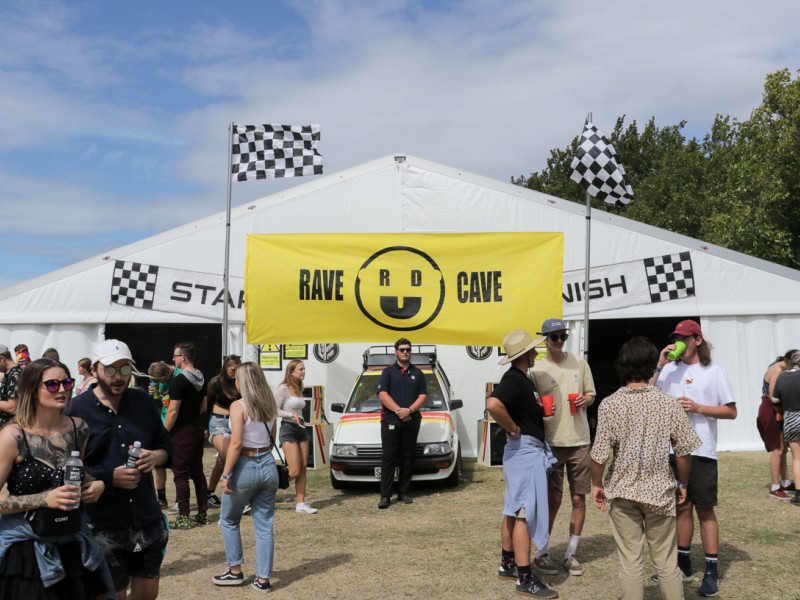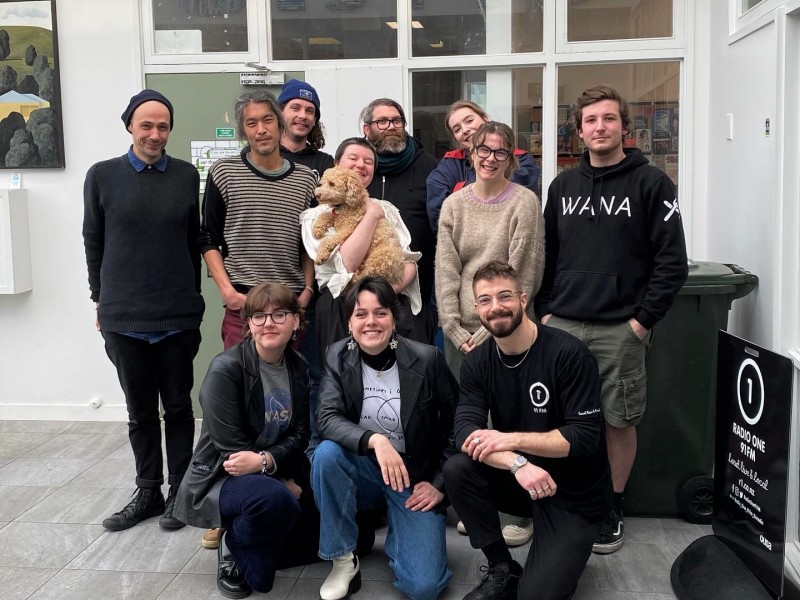But how exactly does a station keep on-air out of the studio?
RDU 98.5FM
When the country's latest lockdown was announced, RDU production engineer Jamie Stratton's first thought was twofold: equip the staff to work from home, then enable a community of 130 broadcasters to do the same.
Although not every RDU host will broadcast live from home, many do. With 70 hosts broadcasting remotely during Alert Level 3 and 4 in 2020, Stratton assured it had been done before, and that it can be done again.
Ōtautahi radio station RDU is located at The Boxed Quarter on Saint Asaph Street. Most technology used daily can be used remotely to keep RDU on air. For hosts, only a laptop and simple software is needed. For DJs, a little bit more is required.
Co-hosts and DJs of RDU show 'Teatime', Corban Tupou and Alex McKay, said many people are getting creative with producing and recording their radio shows.
"Mixing in bedrooms and lounge rooms is nothing new to DJs," Tupou said. "[It's] definitely easy to keep shows rolling throughout a lockdown".
Lockdown sees an influx in music submissions, especially in the absence of live shows. In times like these, support is paramount for the music industry and local music scenes.
"We continue to support local musicians by playing their music on the station," Stratton said. "Obviously there are fewer people reaching out for support for live shows, [but] we see a lot more live streams and live performances which is awesome".
While lockdown is inconvenient at best, it does offer an opportunity for stations to get creative with social media and website content. The RDU community has been busy sharing shows, music playlists, and taking over the RDU Instagram each day. Content interaction on the RDU Instagram page has gone up by 221%.
RDU Events and Communications manager Kendra Walls said, "the feedback I've had from hosts has been great, increasing [reach on] their pages and shows, and getting their creative juices flowing".
With the postponement of Christchurch Art Gallery Te Puna o Waiwhetū's HELLZAPOPPIN' Exhibition in celebration of 40 years of Flying Nun, a volunteer put together a Flying Nun playlist for RDU instead.
"It's tough times out there for event planners and content is a great way for us to support organisers until they are again able to bring people together," Walls said.
Walls is urging the public to support artists directly on Bandcamp, or share music they love, to help artists stay visible and seen.


